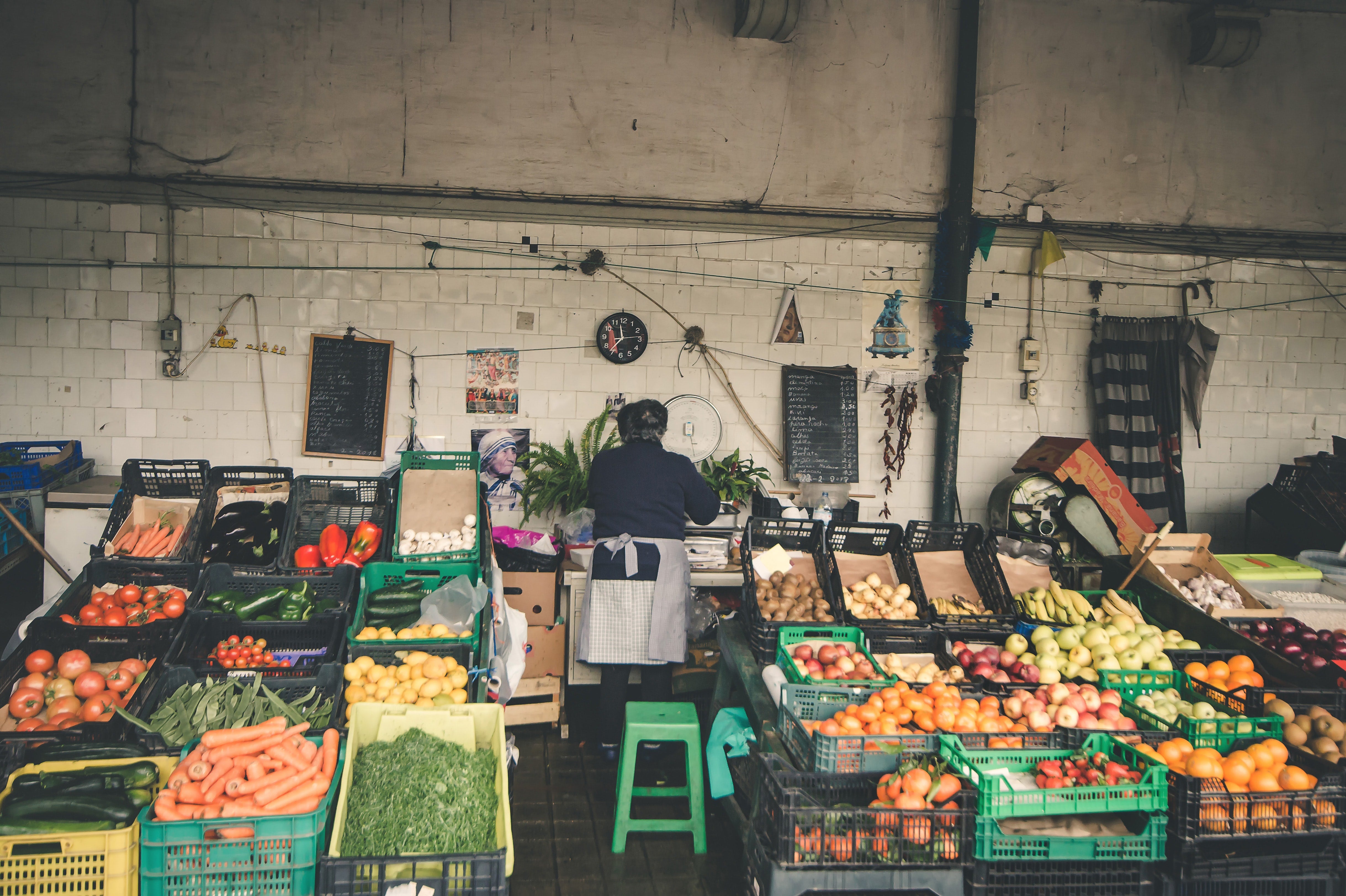
Urban agriculture in the city center of Lisbon
In simple terms, the definition of urban agriculture is the cultivation of vegetables and fruits in a region with a high population density. During the past few years, urban agriculture has become popular with people living in populous cities. Portugal and Lisbon, in particular, are no exception to this trend.
The city of Lisbon has always been famous for its many "urban gardens".
But why has urban agriculture become a trend and why is it a good thing?
Smaller ecological footprint
First, local food cultivation allows you to produce close to your customers, eliminating unnecessary transport and reducing CO2 emissions. It is not only an advantage for the planet, but also for you and your customers, since less transport means less costs.

More resilience
Local food production also helps to build resilience. Resilience is the ability to withstand shocks and in particular to be able to be self-sufficient if the global food supply chain encounters a shortage.
Circular economy
Third, in many cases, it is possible to use locally available organic waste as a resource for growing food. Reduce waste in landfills and, consequently, gas emissions. A good example is the use of coffee residues for growing fresh oyster mushrooms;)
Job creation
A good reason to grow food within the city is that it creates jobs and brings the local community together around a project. It often results in stronger connections between the community!

Connect with nature
Last but not least, urban agriculture's main objective is to reconnect us to the land. Children, the elderly, everyone can get together and get their hands dirty.
From waste to taste


Leave a comment
This site is protected by hCaptcha and the hCaptcha Privacy Policy and Terms of Service apply.